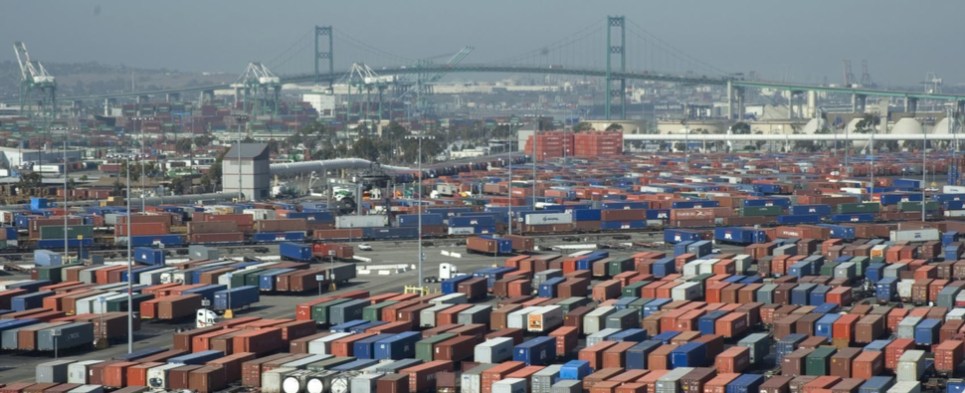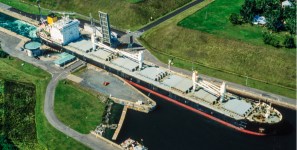Rising Carbon Emissions in Shipping: The Impact of Geopolitical Tensions
In a concerning trend, carbon emissions from shipping have surged, fueled by geopolitical tensions affecting maritime routes. Recent data from the Xeneta and Marine Benchmark Carbon Emissions Index reveals a substantial increase in pollution, particularly in key trade routes.
During the first quarter of this year, carbon emissions from ocean freight container ships traveling from the Far East to the Mediterranean skyrocketed by 63% compared to the same period last year. Similarly, vessels bound for North Europe experienced a notable 23% increase. The primary cause? Vessels bypassing the Red Sea due to security concerns stemming from attacks by Iranian-backed Houthis in Yemen.
Emily Stausbøll, a market analyst at Xeneta, highlighted the significant impact of these diversions. Ships navigating to the Mediterranean added an extra 5,800 nautical miles to their journeys, resulting in escalated fuel consumption and higher speeds to compensate for extended distances.
Moreover, air transportation has emerged as an alternative, with cargo flights from Dubai to European destinations witnessing a staggering 190% surge in March compared to the previous year. Despite its efficiency, this shift towards air freight poses sustainability challenges, leading to increased carbon emissions per ton of cargo transported.
Stausbøll further noted a resurgence in rail services through Russia for transporting goods from the Far East to Europe. While offering an alternative to maritime and air routes, rail transport is also comparatively carbon-intensive.
Adding to these challenges are the European Union’s efforts to include carbon emissions from large ships entering EU ports in its Emissions Trading System, commencing in January. This phased extension aims to mitigate shipping-related carbon emissions, albeit at potentially higher costs for shippers.
Meanwhile, as the world commemorates Earth Day, environmental initiatives such as beach clean-ups gain significance. In Israel, the focus on “Planet vs. Plastics” aligns with efforts to address marine pollution. Notably, a beach clean-up organized by EcoOcean, EcoLove, Organic Zone, and the Emek Hefer Regional Council underscores the collective commitment to environmental stewardship.
Amidst escalating carbon emissions in shipping, stemming from geopolitical dynamics, the imperative for sustainable solutions and collaborative action becomes increasingly urgent.





Leave a Reply